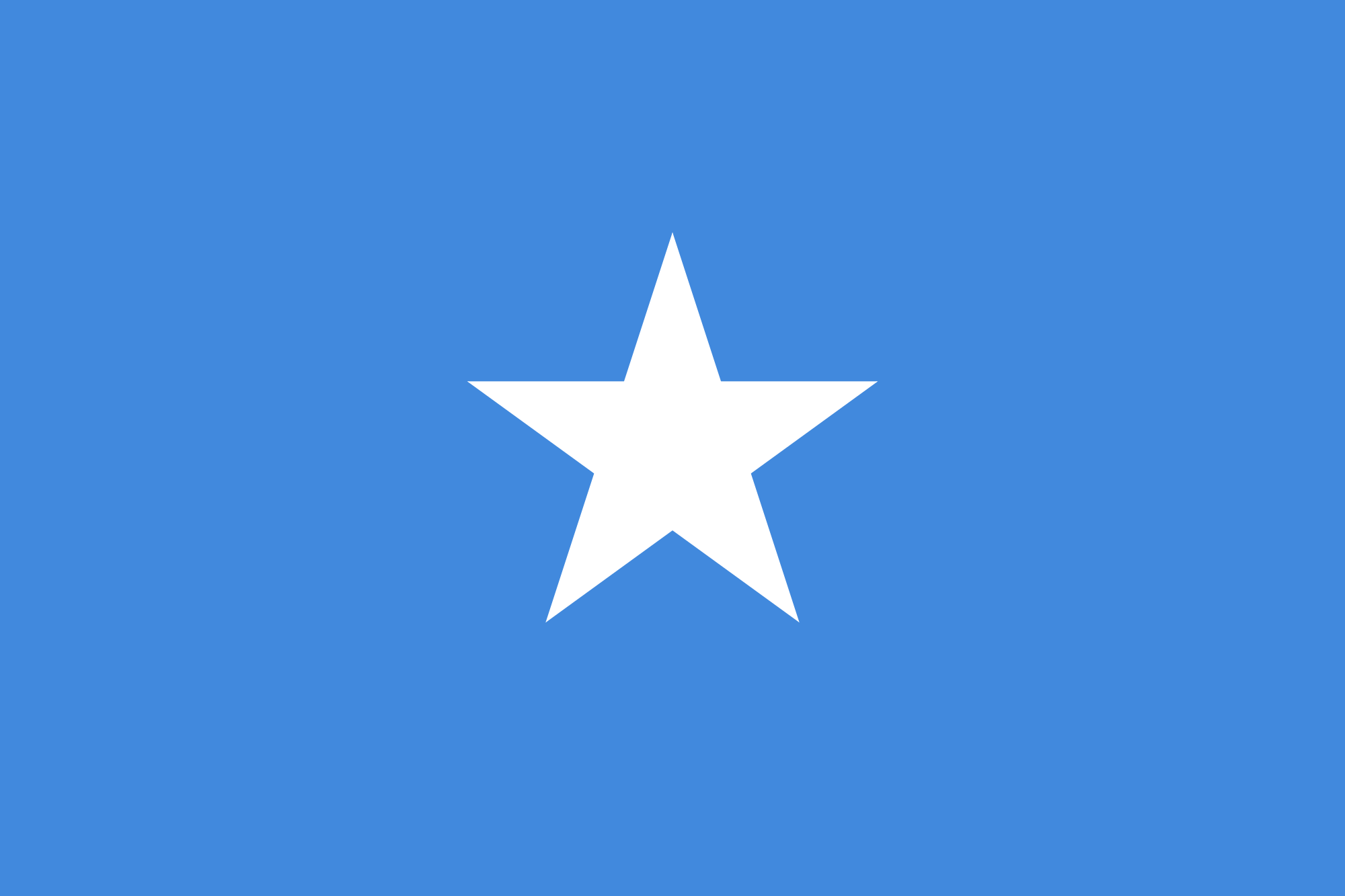After the UN Human Rights Council changed its approach to Somalia’s human rights situation, DefendDefenders stresses that both technical support and human rights scrutiny should continue. These elements are essential to consolidate progress, address outstanding and new issues, and prevent setbacks as Somalia struggles with insecurity and widespread impunity for rights abuses.
“Today’s shift does not mean Somalia’s human rights situation is perfect – or even satisfactory. It reflects the government’s desire for a new approach,” said Hassan Shire, Executive Director, DefendDefenders. “The international community should keep a spotlight on Somalia and ensure that technical support is grounded in evidence of urgent needs. Human rights defenders and the National Independent Human Rights Commission have a key role to play in this regard.”
The resolution adopted today (A/HRC/60/L.14, “Assistance to Somalia in the field of human rights”) tabled by Somalia and the UK, details a long list of legal and institutional developments, as well as persistent human rights concerns. It underlines the importance of the UN Transition Mission in Somalia (UNTMIS) and the African Union Support and Stabilization Mission in Somalia (AUSSOM), at a critical juncture, as the Federal Government is implementing the Somalia Human Rights Transition Plan (2025–2026).
Resolution L.14 marks a departure from the approach in place since 1993, when a special procedure mandate on Somalia was established. It ends the mandate of the Independent Expert on Somalia and instead tasks the Office of the High Commissioner for Human Rights (OHCHR) with providing technical assistance and capacity-building to Somalia and “assess[ing], monitor[ing] and report[ing] on the situation of human rights” in the country, in consultation with national actors. Another key change is “biennialization”: the Council will now consider Somalia-focused resolutions every two years rather than annually.
Despite the government’s cooperation with UN mechanisms, Somalia’s human rights situation remains among the most serious in Africa. Challenges include abuses by terrorist group Al Shabaab – including attacks against civil society, human rights defenders and journalists – as well as violations by state authorities, including harassment of independent actors by the National Intelligence and Security Agency (NISA). Grave violations against women and girls continue with impunity.
The resolution refers to the “human rights benchmarks” developed by the Independent Expert and stresses “the vital role that those monitoring human rights can play in evaluating and ensuring the success of technical assistance projects, which in turn must be for the benefit of all Somalis.” This should guide OHCHR in supporting Somalia and monitoring the situation.
“We call on OHCHR to fully and transparently report on Somalia’s human rights situation. This may include recommending that a new Council-mandated mechanism be established, if the need arises,” said Nicolas Agostini, DefendDefenders’ Representative to the UN and Senior Advocate and Researcher. “While we recognise OHCHR’s and the UN’s broader financial constraints, opening a country office should also remain on the table.”
In this landscape, the National Independent Human Rights Commission of Somalia, nine members of which were appointed in July 2025, should be empowered and supported to fulfil its mandate to monitor, investigate and report on human rights violations and to assist victims. Strengthening its independence and effectiveness, in line with the Paris Principles governing National Human Rights Institutions (NHRIs), is key to securing “A status” accreditation with the Global Alliance of National Human Rights Institutions (GANHRI).
During its 60th regular session (8 September-8 October 2025), the Council is expected to adopt close to 40 resolutions, addressing both thematic issues and country situations – including, in addition to Somalia: Afghanistan, Burundi, the DRC, Sudan, and Russia.
As per resolution L.14, the Council will hold yearly public debates on Somalia, in September 2026 and September 2027.

